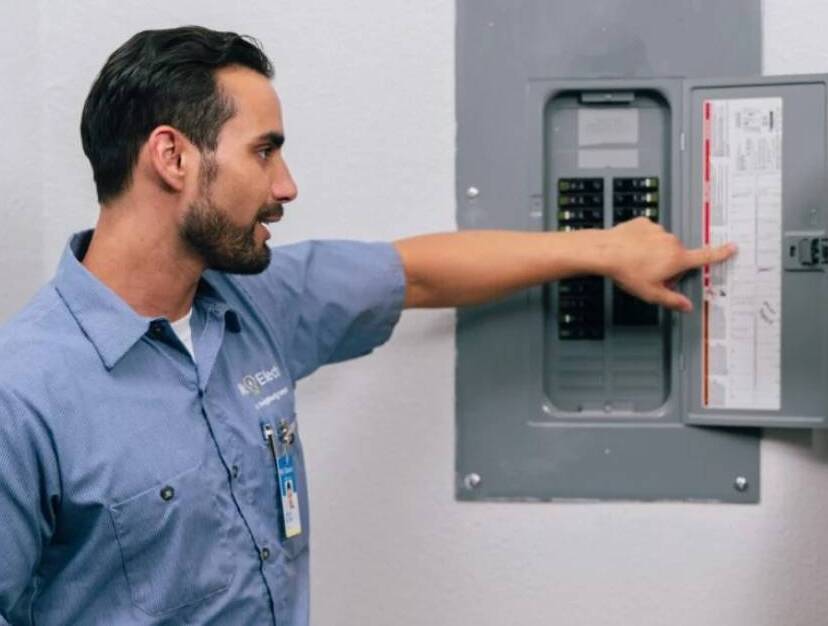Emergency Certified Electricians in Dallas, TX.
Call this Tuesday to Get 10% OFF
Emergency Certified Electricians in Dallas, TX.
Call this Tuesday to Get 10% OFF

The electrical panel and circuit breakers are critical components of your home’s electrical system, responsible for safely distributing electricity throughout the building. Whether you're a homeowner or a business owner, understanding how these components work is essential for keeping your property safe and ensuring that your electrical system functions properly.
The electrical panel, often referred to as a breaker box, is the hub of your home’s electrical system. It receives power from the utility company and distributes it to various circuits that supply electricity to lights, appliances, and outlets throughout your home. The electrical panel is made up of multiple circuit breakers, each controlling a specific circuit.
If the panel is outdated, damaged, or overloaded, it can pose a serious safety risk. In such cases, you may need to contact an electrician for electrical panel replacement. A new panel will ensure your home can handle your energy demands safely, reducing the risk of electrical fires.
Circuit breakers act as automatic safety switches designed to cut off electricity flow in the event of an overload or short circuit. Each breaker is connected to a specific area or appliance in your home. If too much electricity is flowing through a circuit, the breaker trips, cutting off the power to prevent overheating, electrical fires, or damage to your electrical devices.
The circuit breakers are a crucial layer of protection in your home, ensuring that your wiring and electrical devices operate within safe limits. If your breakers frequently trip or fail to reset, it’s a sign of an underlying issue that may require an electrical repair service to inspect and resolve the problem.
There are several situations where an electrical panel replacement might be necessary. Older homes, especially those built before the 1980s, often have outdated electrical panels that are not equipped to handle the power demands of modern appliances and electronics. Fuse boxes, for example, were common in older homes but are now considered a fire hazard and should be upgraded to a modern electrical panel with circuit breakers.
Signs that your panel may need replacement:
In any of these cases, it’s important to consult an electrician from Mr. Electric who specializes in electrical panel replacement in Duncanville to evaluate your home’s needs.
In some cases, individual circuit breakers may need to be replaced or upgraded, particularly if they are no longer functioning properly or if you're installing new appliances that require dedicated circuits. A professional circuit breaker installation is essential to ensure the breakers are compatible with your electrical panel and can handle the current load.
Working with electricity is dangerous and requires specialized knowledge. If you experience any electrical issues in your home or suspect your panel or circuit breakers need attention, it's crucial to contact a licensed electrician at Mr. Electric. They can diagnose the problem, recommend solutions, and safely perform electrical repair services.
Attempting DIY electrical work can result in injury, property damage, or even fire hazards. A professional electrician will ensure that your electrical system is safe, up to code, and capable of handling your household’s energy needs.